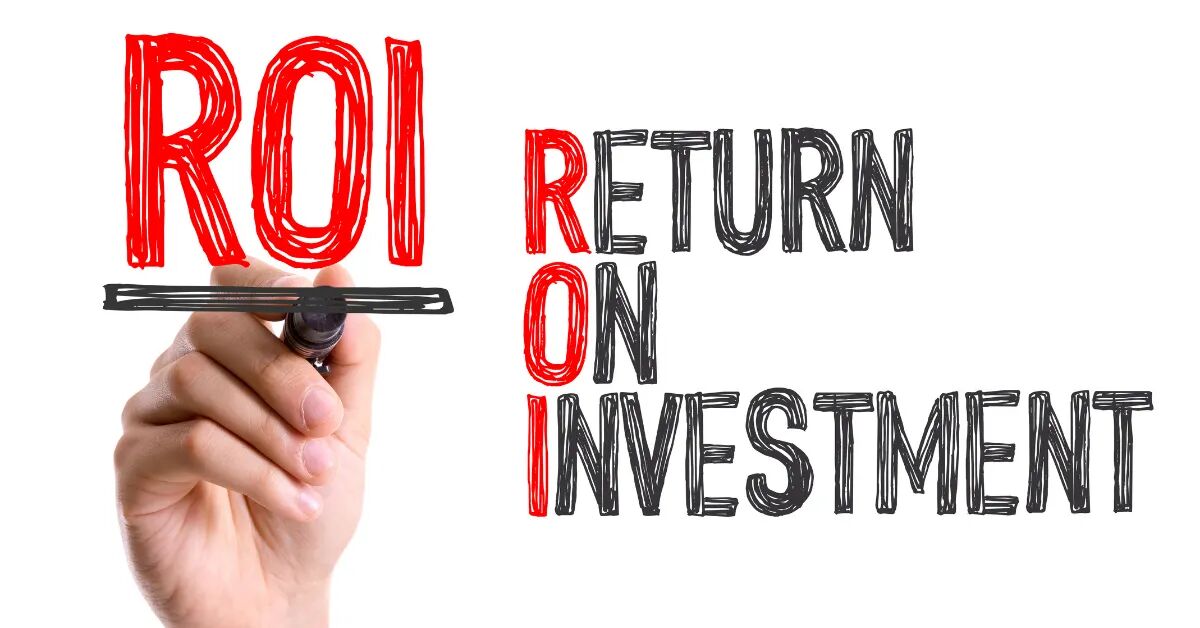
Return on investment (ROI) is a financial metric used to measure the profitability of an investment. It is calculated by dividing an asset’s net profit by the investment’s cost and expressing the result as a percentage. ROI is typically used by businesses to evaluate the success of their investments and make informed decisions about future investments.
To calculate Return on Investment, the net profit of an investment is determined by subtracting the asset’s cost from the revenue generated. The investment cost includes any expenses associated with acquiring and maintaining the investment, such as the purchase price, fees, and maintenance costs. The revenue generated by the acquisition consists of any income generated, such as sales or rental income.
Once the net profit has been calculated, it is divided by the cost of the investment to determine the ROI. For example, if an investment cost $10,000 and generates a net profit of $15,000, the ROI would be 50% ($15,000 / $10,000 = 1.5, or 150%).
ROI is an essential metric for businesses because it helps determine whether investments generate a return worth the investment’s cost. A high ROI indicates that an asset is profitable and generates a significant return. In contrast, a low ROI may suggest that the investment needs to create a sufficient return and may need reevaluation.
ROI can be applied to various investments, including marketing campaigns, equipment purchases, and research and development initiatives. By tracking ROI over time, businesses can evaluate the success of their assets and make data-driven decisions about future investments.
People Also Ask
What is Return on Investment (ROI)?
ROI is a measure of profitability that evaluates the gain or loss from an investment relative to its cost. It’s expressed as a percentage.
How is ROI calculated?
ROI is calculated using the formula: (Net Profit / Cost of Investment) × 100. It helps assess the efficiency of an investment.
Why is ROI important?
ROI helps investors gauge the profitability and effectiveness of their investments, aiding in decision-making and resource allocation.
How can ROI be improved?
ROI can be enhanced by reducing costs, increasing revenue, optimizing operations, and making strategic investment choices.
Is a higher ROI always better?
Not necessarily. A higher ROI is desirable, but it must be analyzed alongside risk and other factors for a comprehensive view.
Also Visit: Glossary For E-commerce, Business, Marketing